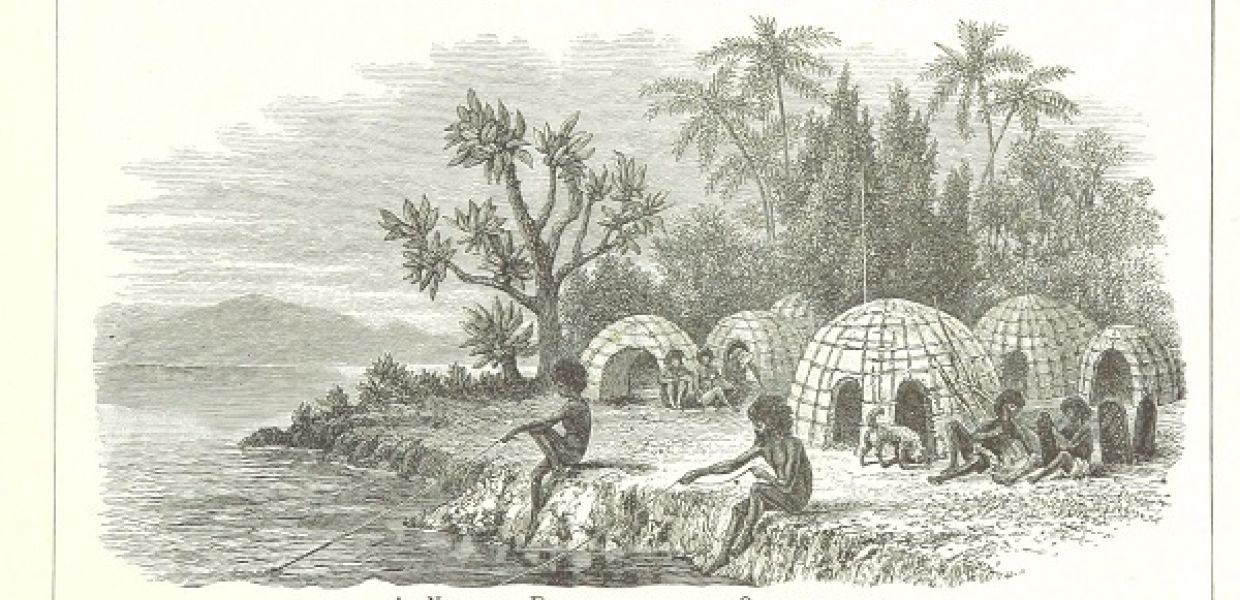Evaluating moral and ethical rights in heritage material
The Europeana Sounds project has felt the clear need for sector guidelines to help them make informed, mutual and appropriate decisions regarding moral and ethical rights. Read about their work.

- Title:
- Greek Pictures, drawn with pen and pencil
- Date:
- 1890
- Institution:
- Public library
- Copyright:
- Public Domain
Oral histories about HIV/AIDS affecting people’s lives, personal correspondence referring to private moments, recordings of music performed by traditional communities only meant to be heard in the context of their (religious) ceremonies... These cultural objects all have value for Europeans willing to learn about history and culture. However, they also have some moral or ethical sensitivity that would make an institution think twice whether to publish them online. These are decisions institutions make on a daily basis, often without even having the opportunity to read, listen and experience these objects entirely.
While each institution is free to make these decisions, the Europeana Sounds project has felt the clear need for sector guidelines to help them make informed, mutual and appropriate decisions regarding moral and ethical rights. For that reason, we included this issue in our Europeana Sounds Policy Recommendations.
Moral and ethical rights often refer to the rights and interests in cultural heritage which may, under national, customary and other laws, reside with the traditional custodians of such materials. Recordings of religious ceremonies, potentially damaging testimonies by living people, as well as evolving political situations that could in retrospect make cultural work damaging are all example of situations where moral and ethical rights might come into play. A definition of this type of issues has been written by the World Intellectual Property Organisation (WIPO), and recommends prior consent before using (part of) such material for public dissemination and commercial purposes, regardless of copyright status. See for example the Legal and Ethical information section on the British Library website.
The question of moral and ethical rights is not limited to the Europeana Sounds project: the rights can likely exist in material across many different heritage domains. This is why we do not aim to resolve this issue within the Europeana Sounds project, but wish to broaden the scope to the entire Europeana Network.
It is important to provide ourselves with tools to make moral and ethical rights known to the end-users of Europeana and other portals. As the Europeana Rights Statements refer to the copyright status of Digital Objects, placing a ‘no-reuse’ statement on all the material would not be a solution, if this is not what copyright law states. This would also limit potential interesting re-use of the objects that is appropriate.
Therefore, we suggest a task force with the aim to re-evaluate the usage guidelines for re-use of public domain material and the 2011 Ethics in Europeana paper to be in line with the WIPO-guidelines, and perhaps extend the usage guidelines to objects not in the public domain. Secondly, we suggest to discuss how we would interpret the WIPO-guidelines in our European cultural heritage context. What are the boundaries of these Moral and Ethical rights, and how can we respect them without unnecessarily limiting the enjoyment and re-use of our shared culture? How can this be accomplished in the context of mass digitisation where not every object can be examined for its content? In short: can we develop clear guidelines that help European institutions be respectful of these moral and ethical rights, without losing sight of the value of sharing our culture?
We are curious to know what you think: if you or someone at your organisation is interested in participating in this task force, or if you have case studies or best practices to share, do not hesitate to contact Lisette Kalshoven (Kennisland) at lk@kl.nl.
